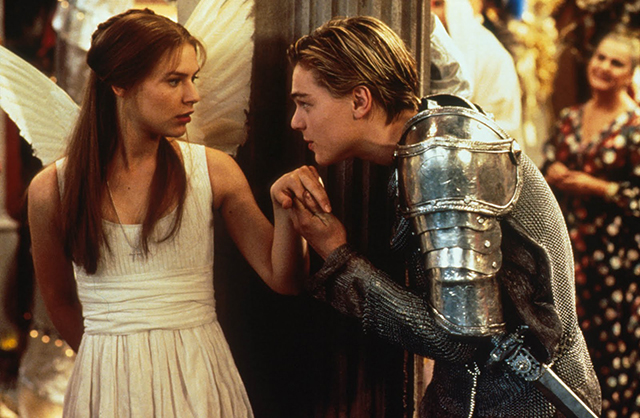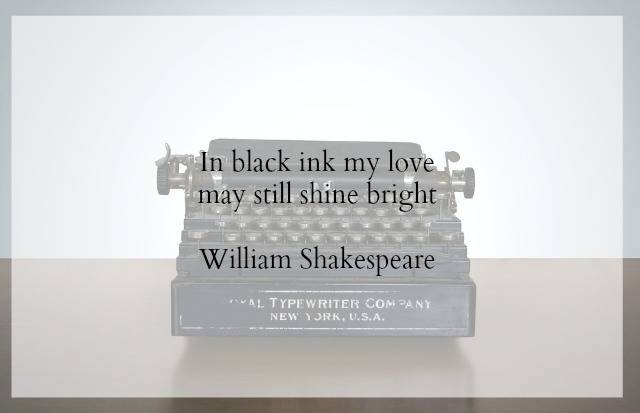In fair Verona, where we lay our scene,
From ancient grudge break to new mutiny,
Where civil blood makes civil hands unclean.
From forth the fatal loins of these two foes
A pair of star-cross’d lovers take their life:
Arguably the most famous prologue, and six lines that are guaranteed to make me smile, as I greet an old friend… Romeo and Juliet. Today marks 400 years since William Shakespeare’s death and on this spring day in the twenty first century I find Shakespeare and all his work as relevant and nourishing for the soul as I’m sure all those who were at the Globe Theatre in 1595 when Romeo and Juliet was first performed did.
From learning about sonnets and being encouraged to write our own in year 8, to feeling ecstatic when chosen to read out loud the part of Juliet in class in year 10 (Having gone to a Catholic convent, trust me this was a big win – thanks Miss Hopkins!) I can identify such pivotal points in my growing love for literature with Shakespeare. It was the darkness of Macbeth that convinced me to study English Literature at A-Level; I liked how it made me feel uncomfortable, how it forced me to examine such ingrained morality.
I’ve been lucky enough to watch A Midsummer Nights Dream at the Regents Park Open Air Theatre on midsummer night (yep Shakespeare geeking doesn’t get much better than that) and I’ve spent countless hours loudly debating Twelfth Night in my AS lesson with Mr Fielding – and here I am over ten years later, a mother, a blogger, a truly modern woman and yet Shakespeare has survived and in some ways surpassed pop culture to still evoke such clear and happy memories. I find myself sat watching Baz Luhrmann’s beautiful production of Romeo and Juliet for the countless time happily succumbing to the suspension of disbelief.
The Independent wrote of 60 everyday words still used today that we have Shakespeare to thank for and this proves that not even another 400 years could diminish the bard’s everlasting influence on our language, our love and our lives.
Head-butting the desk as you struggle to interpret the tragedy that is Romeo and Juliet for your English GCSE coursework – whilst perhaps not the most tantalising moment at the time; is surely a right of passage that we wouldn’t with hindsight swap for all the wine in Verona… and one I cannot wait for Boo to have the joy in discovering for herself.
To finish off with wise words from the man himself, words that were repeated to me again and again by Mrs Harrison…
“We know what we are, but know not what we may be”
William Shakespeare: the original and everlasting master of words.


